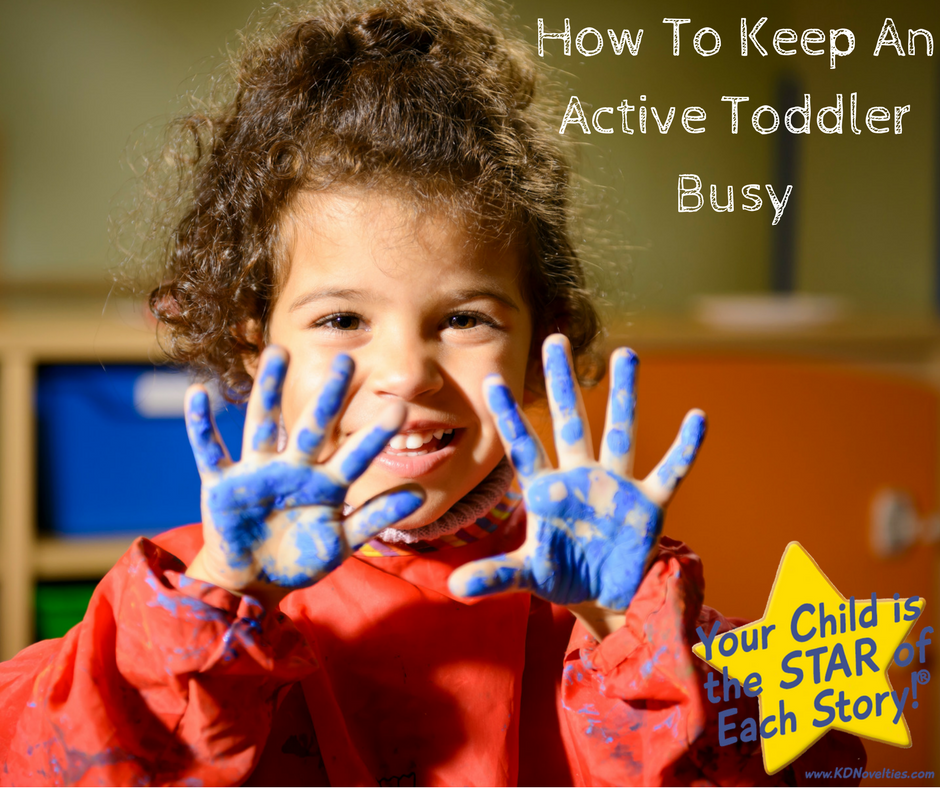Summer is ripe with adventure, and there is no better way to highlight the season than summer camp. Summer camp can be extremely exciting for kids. It allows them to spend some time away from home to grow and learn, but also to have a fun time. These days, there are summer camps for every price range, specific interest, and summer schedule. There are a few things you may want to keep in mind before getting started on your list of potential prospects for your little one.
Kinds of Camps
The two main types of camps out there differ on their duration. Resident camps are the camps mostly featured in movies and are more often referred to as “sleep-away camp”. Many of these camps offer a variety of programs and activities for children as young as seven and many of them offer features that focus on specific programs or activities. Some are basic and have a little bit of everything, but specialty camps may specialize in a specific sport or other activity with the goal of improving a specific set of skills.
There are also day camps for parents who may be looking for a babysitting or daycare alternative or for kids who are not ready (or simply uninterested) in sleeping away from home on their own. Day camps offer programming for kids as young as four years old and they generally run on the same, or similar, schedule to the average school day with afternoon programs and other activities for kids who wish to stay longer or to accommodate parent work schedules.
Camp Features
Some parents may be concerned or have a preference regarding the types of activities camps offer or what other kinds of perks and features they have. Some camps focus on building academic skills or knowledge in fields like science, music, or religion. Others may focus on sports, the outdoors, and other topics.
Special needs campers should not be discouraged from considering going to camp. There are many camps that can easily accommodate kids with special needs and there are camps that cater only to kids with certain conditions, offering specific programs that can be just as enriching, fulfilling and fun.
Camp is in Session
Depending on your needs as a parent or on your child’s desires (and ability to be away from home), camps also offer various session lengths for you to choose from.
For kids who are comfortable being away from home on their own, longer sessions for sleep-away camps can be fun and exciting, but shorter sessions may be preferable for kids who are not as comfortable or new to the experience. Day camps are generally very flexible when it comes to session length, and their daytime duration depending on when kids can be dropped off and picked up. Most day camps run from the end of the school year to the beginning of the next one.
Session length may also depend on your budget, which is another important factor to consider. Especially since there are plenty of things that can affect how much money you are willing and able to spend.
Camp Costs
Each camp option, duration, specialty, and other options will add to your total at summers end. Depending on the type of camp, session duration, and any other travel costs or expenses, your costs could vary. However most camps will work with you and your budget depending on what you are looking for you child to get out of the experience. Some community centers offer special programs and other options you may want to consider before looking at camp, and make sure you have an idea of what your own summer schedule looks like before you book. Camp costs will vary depending on where your child goes, but many are affordable the more you customize your child’s stay.




